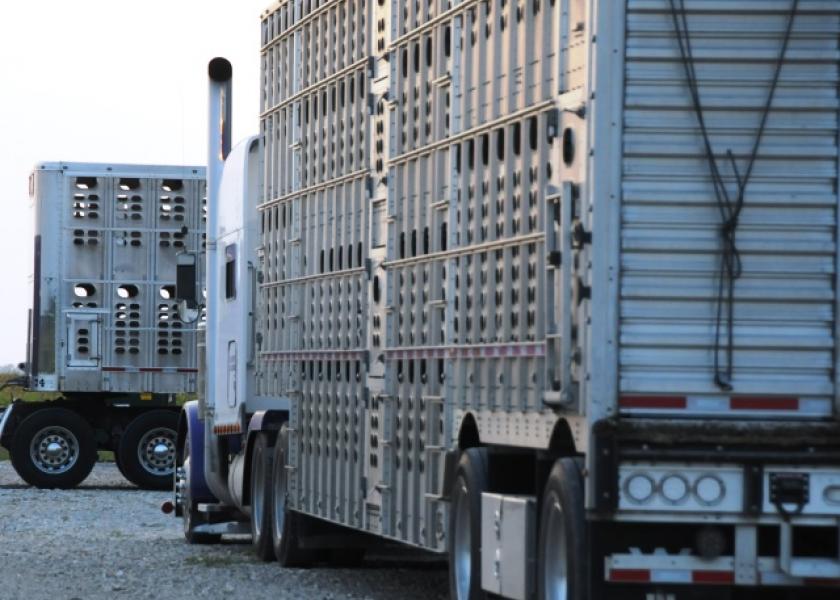Beef Quality Assurance Doesn't End at the Farm Gate

Cow-calf producers, stockers and feedyards implement Beef Quality Assurance (BQA) practices on their operations to produce the highest quality cattle and provide consumers with the best possible eating experience. However, BQA doesn’t end at the farm gate, and those transporting cattle are encouraged to become BQA Transportation (BQAT) certified.
“Hauling can be one of the most stressful times in the life of cattle,” said Colby Carpenter with W&J Carpenter Trucking Inc., a 2022 BQA Award winner. “BQAT provides anyone transporting cattle with the information and resources they need to make sure animals are handled properly, resulting in less stress and a higher quality product for consumers.”
BQAT is a comprehensive management program that incorporates responsible practices in all phases of transporting cattle. In-person training and free online courses are designed for both ranchers hauling cattle in gooseneck trailers and professional drivers who are transporting animals in semi-trailers. These courses teach proper methods for hauling cattle including biosecurity, fitness for transport, pre-trip planning and loading, and emergency management.
BQAT is science-based, and producer-driven and online modules have been updated. A working group of industry leaders from all sectors of the cattle industry came together to revise BQAT material and provide updates needed to fit industry needs for hauling cattle.
“As the industry changes and evolves, educational materials are revised,” said Trey Patterson, Wyoming rancher and chair of the Beef Quality Assurance Advisory Group. “We work with producers and those hauling cattle to create a program that meets the needs of the animals and the industry.”
The Beef Quality Assurance (BQA) program, funded by the Beef Checkoff, provides information to U.S. beef producers and beef consumers about how common-sense husbandry techniques can be coupled with accepted scientific knowledge to raise cattle under optimum management and environmental conditions. BQA guidelines are designed to make certain all beef consumers can take pride in what they purchase – and can trust and have confidence in the entire beef industry.
BQA and BQAT certifications are available through in-person trainings and online courses. To learn more about BQA and to become certified, visit www.bqa.org.







